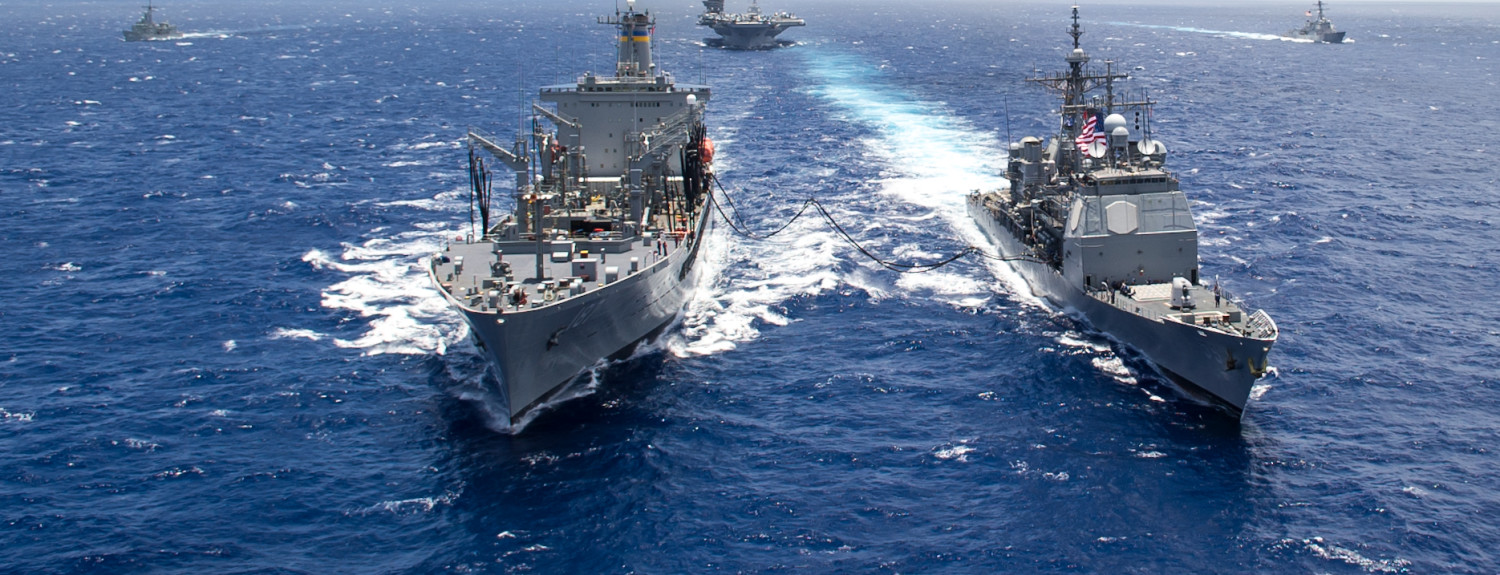The U.S. Navy is officially launching the first wave of its ‘Great Green Fleet,’ a carrier strike group that partially runs on biofuels instead of oil. The military branch plans to expand its Great Green Fleet throughout 2016 in order to reduce its dependence on foreign oil and shrink its carbon footprint.
The initiative was named the Great Green Fleet by Navy Secretary Raymond Mabus to honor President Theodore Roosevelt’s Great White Fleet, which sailed around the world to demonstrate the United States’ global power. The Navy hopes that this new fleet will usher in a new era of maritime dominance and energy conservation.
The first green warships are fueled by 90 percent petroleum and 10 percent biofuels. Before they set sail from San Diego, they will be inspected by Mabus and Agriculture Secretary Tom Vilsack.
In his public statement, Mabus stressed that this was more than just about going green. Reducing the Navy’s dependence on oil will save time and human lives.
“In 2010, we were losing too many Marines in convoys carrying fossil fuels to outposts in Afghanistan, and the prohibitive cost of oil was requiring us to stop training at home in order to keep steaming abroad, a dangerous and unsustainable scenario,” Mabus said.
“It gives us an edge tactically, it gives us an edge strategically,” Mabus added. “It keeps … fuel from being used as a weapon against us.”
While Mabus has a point about protecting troops, he is also tiptoeing around the fleet’s biggest criticism–its cost.
When the seeds of the Great Green Fleet were planted in 2009, oil cost $100 per barrel. Since biofuel only cost $26 per barrel, the Navy set a goal to create an alternative fuel that was only 50 percent petroleum to save money on energy. Now oil only costed $29 per barrel, and the Navy switched to the 90/10 formula and bought 77 million gallons of the mixture. This drew criticism because biofuel is more costly than anyone predicted.
Retired Navy Capt. Todd “Ike” Keifer, who has published a study on the Navy’s plan, said he does not believe the Navy will ever get “any meaningful quantities of cost-competitive biofuels.”
“Biofuels sound good, but it turns out that making carbohydrates (biomass) into hydrocarbons (ideal fuels) is a very laborious and wasteful process that is far more costly and much harder on the environment than producing fossil fuels,” he said.




































